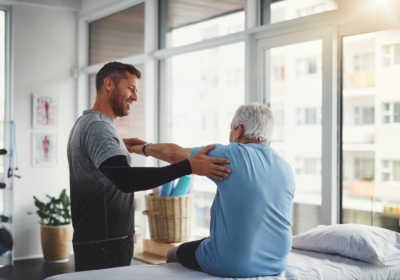Children who are feeling sick and have high temperature can be quite distressing to watch. However, suppressing fever immediately with drugs, especially antibiotics may not be in our children’s best interest.
Smaller children could have fever more easily and this often has a reason. When they contract an infection, the higher body heat would make it more difficult for microorganisms to grow. Having a higher temperature can help our children fight an illness better. It is a defense mechanism against bacteria and viruses. This indicates that the healing process has started and the repair mechanism is already working.
Medication may interfere with our children’s healing process and could actually delay their recovery. It’s true that fever should be watched and monitored carefully. If fever appears to be quite serious and the child isn’t getting better, parents should consult with their nearest health care professionals.
Experts say that children who discharge more mucus, has worse rashes and has higher fever, could eventually become more robust and healthier. In later years, they can heal from infections more quickly and often without antibiotics. Children who get a complete set of vaccinations, as well as lots of antibiotics and antipyretics are more likely to have autoimmune problems and allergies.
In children, overuse of antibiotics could cause “bacterial resistance” or “antibiotic resistance”, Antibiotics is designed to stop bacteria from growing or kill them completely. Unfortunately, some bacteria could mutate and build up resistance to specific types of antibiotics. It means, bacteria could render some antibiotics useless. Resistance could develop if parents give antibiotics to their children too often or if they are used improperly. Overuse of antibiotics in children may cause some degree of toxicity at organ, tissue or cellular level. As an example, quinolones are very toxic for nervous system, cartilages and tendons if used excessively.
So, how can we help children to feel better? When they have fever, children should drink plenty of liquid to avoid dehydration and give their body an opportunity to cool itself. Children with fever should also rest and sleep frequently. To avoid the excess body heat from accumulating, it is advisable to dress children in light cotton pajamas. When the body temperature is quite high, children could be chilled and putting an extra blanket could help the chills to stop. It’s important to keep the room reasonably cool and ventilated. Sick children are typically upset and tired, so it’s a good time to care for them.




Recent Comments